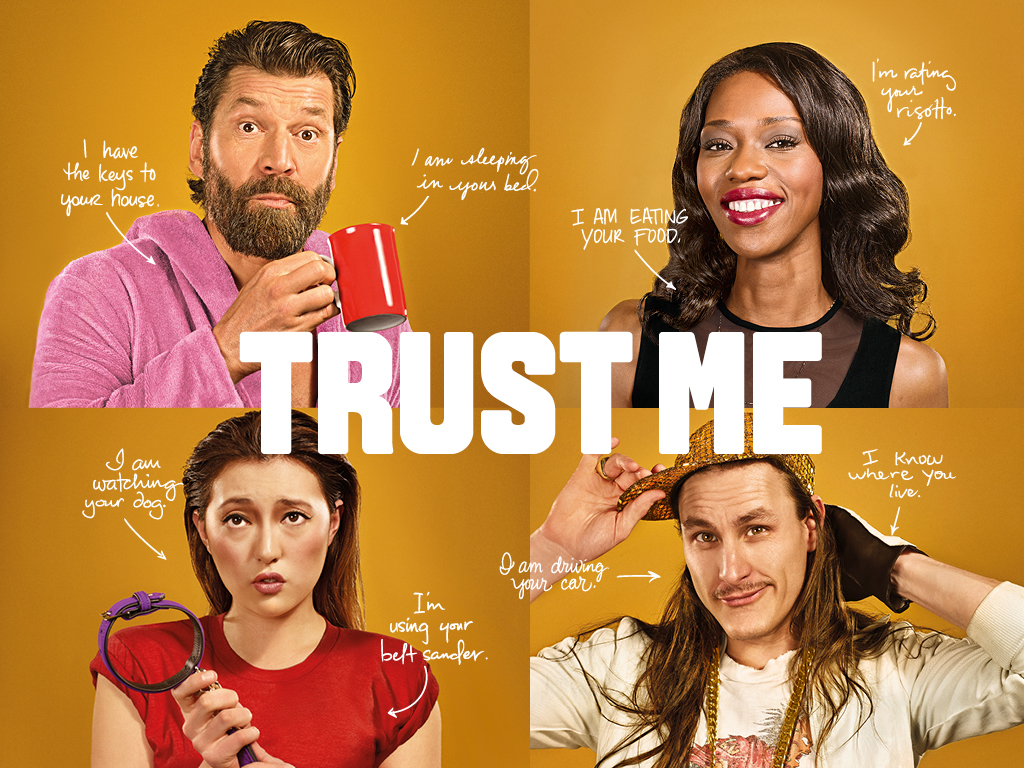As posted on the FosterEDU blog
We hear a lot these days in business about the movement to more fluid, trust-based business models and consumer services. In the so called “uber” economy, trust takes on new forms and becomes even more essential to success. We human beings do not like to be faced with uncertainty, vulnerability, or risk, and the next generation of businesses and institutions are proving that they can both deliver greater consumer value and embrace that trust defined as competence and integrity is a precondition to buying or enrolling.
Generation Y, or Millennials, have led the movement away from primary dependence on big, traditional organizational “systems” like taxi monopolies, cable television, and the even the government, and instead have encouraged a new approach of real people collaborating with other real people they can “talk to” and negotiate arrangements with directly. This mindset has been coupled with what experts like Jason Tanz describe as the invention of a new “set of digital tools that enable and encourage us to trust our fellow human beings,” such as background checks, frictionless payment systems, and platforms that encourage buyers and sellers to get to know each other face-to-face before doing business.1

We are all becoming more accustomed to flexible ad-hoc arrangements and this shift in orientation has given birth to the so called Sharing-Economy. Companies like Dropbox, Lyft, and Airbnb (now with 550,000 rooms worldwide) are all compelling examples across sectors of rethinking business models, and in the process have established new ways to affirm trust and value through individualized and bidirectional rating system mechanisms. Clients and customers are already becoming conditioned and adept at “evaluating” (think Yelp), and in this Airbnb-type economy, brands don’t have the option to rely on advertising scale advantages and history to build a strong reputation. Instead, it is done on the basis of online signaling and peer evaluations that confer value from a consumer point of view.
Not much has been discussed about how the collaborative economy may change education. Issues such as:
– What does Uber, Airbnb, etc mean for workforce training and traditional education models?
– How does the role of government in education change as consumers are empowered to police their own marketplace, and screen suppliers (schools), and look for selective bad actors that might ruin the experience?
– What does accreditation means in a marketplace where the power to affirm value shifts more to peers and employers?
– How would student’s education choices change if all institutions were required to publish satisfaction ratings such as Net Promoter Scores as a proxy for value?
– Are there new ways of using the collaborative mindset to help struggling school systems, particularly in regards to cash-strapped states and communities, or the failure of school infrastructure to keep up with new technologies, demands for innovations, and higher levels of scrutiny from parents, taxpayers, and the government?
These issues are essential to the “next conversation” on education, and begin to foreshadow a different set of assumptions from students on the what, where, and who is involved in affirming quality in education. They also signal a world where trust and confidence remain at the epicenter of a student’s relationships, but the sources student’s rely on to affirm value begins to shift. For those that think education is different – and in many ways it is – they should talk to the leaders in other shared economy sectors (like hotel, car, taxi, information technology, etc) to start imagining what disruption feels like, and reimagine the impossible.
